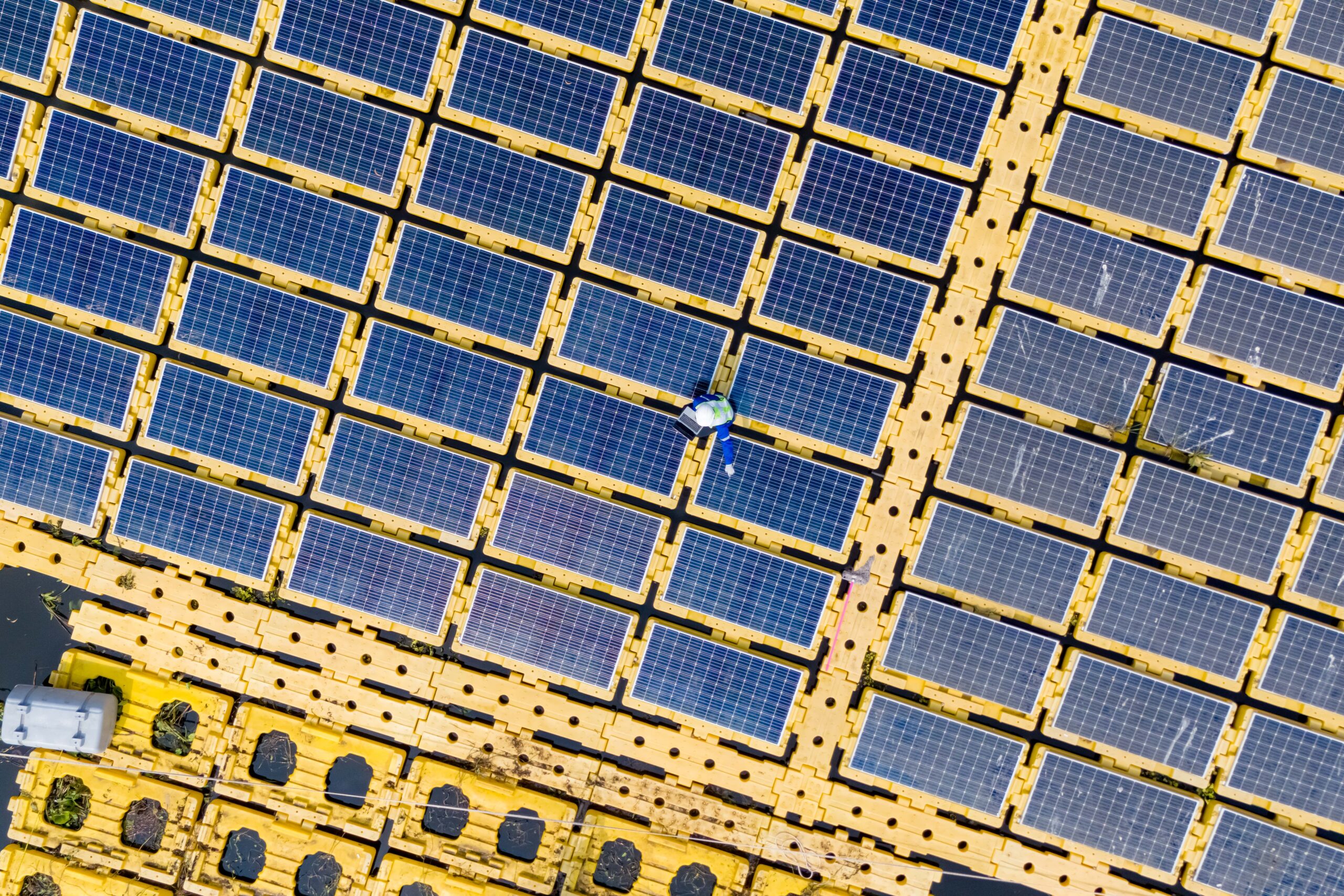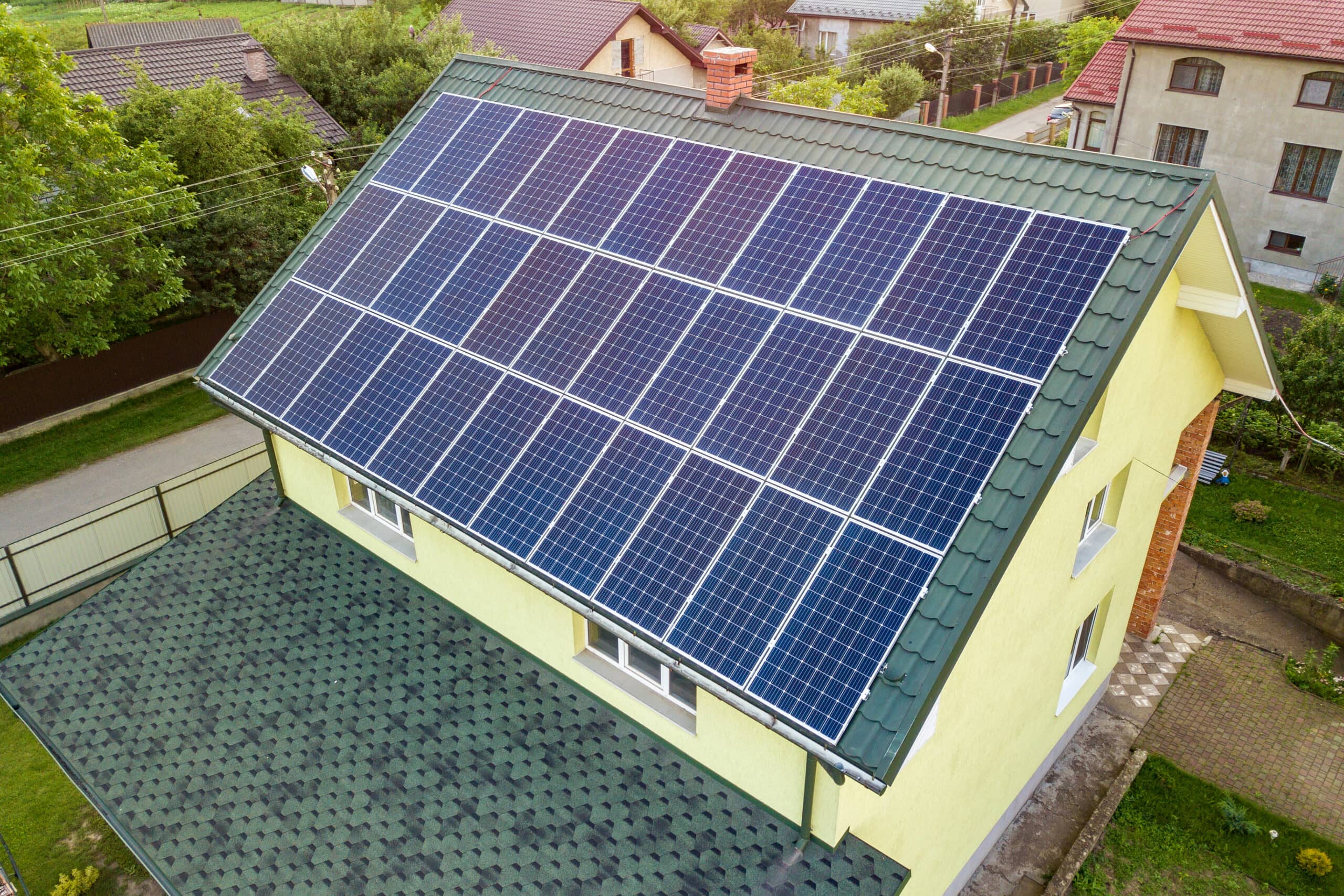The need for sustainable energy sources has never been more critical in today’s world. As we face the challenges of climate change and environmental degradation, transitioning to renewable energy is a crucial step towards a greener future. Solar energy is a sustainable and environmentally friendly solution among the various renewable options. Harnessing the sun’s power, solar energy offers many benefits while reducing our reliance on fossil fuels.
In this article, we will explore the positive impact of solar energy on the environment, emphasizing its role in reducing greenhouse gas emissions.
Let’s dive in and discover the exciting world of solar energy and its contribution to a cleaner and more sustainable planet.
Reducing Carbon Emissions
Solar energy is a game-changer when it comes to reducing carbon emissions. Unlike traditional energy sources, such as coal or natural gas, solar energy generates electricity without burning fossil fuels. Solar power plants produce virtually zero greenhouse gas emissions during electricity generation. Isn’t that amazing?
To put it into perspective, let’s compare solar energy with traditional energy sources. Conventional power plants rely on the combustion of fossil fuels, releasing large amounts of carbon dioxide (CO2) and other harmful pollutants into the atmosphere. These emissions contribute to global warming, air pollution, and various health issues.
On the other hand, solar energy systems harness the sun’s rays to generate electricity, emitting no CO2 or other pollutants. By transitioning to solar energy, we can significantly reduce our carbon footprint and mitigate the adverse effects of climate change. It’s a win-win for both the environment and our health!
So, solar energy outshines traditional energy sources by offering a cleaner and more sustainable alternative to reducing carbon emissions. It’s a crucial step towards achieving a low-carbon future and combating climate change.
Air Pollution Reduction
The difference is striking when we compare solar power to traditional fossil fuel-based energy sources. Conventional power plants emit significant amounts of pollutants like sulfur dioxide, nitrogen oxides, or particulate matter into the air, contributing to smog, respiratory issues, and other health problems. On the other hand, solar energy systems produce clean electricity without any emissions, which means cleaner air for everyone to breathe.
Not only does solar power help reduce air pollution and its associated health risks, but it also has positive environmental effects. By choosing solar energy over fossil fuels, we can decrease our reliance on non-renewable resources and minimize the extraction and transportation of fossil fuels. This reduces environmental damage caused by these activities, such as oil spills or mountaintop removal from mining.
Solar power provides a sustainable and renewable energy source, producing cleaner air and a healthier environment. It’s a win-win for both our well-being and the planet’s well-being!
Land Use, Water Conservation, and Biodiversity
Solar panels require relatively small amounts of land to generate electricity, unlike traditional energy sources like coal or natural gas. Solar installations can be placed on rooftops, in open fields, or even on water bodies, using spaces that would otherwise go unused. This minimal impact on land use helps preserve natural habitats. It reduces the need for land-intensive activities like mining or drilling.
Now, let’s talk about water conservation. Solar energy production requires little or no water compared to traditional power generation methods. Unlike fossil fuel power plants that rely on vast amounts of water for cooling and steam generation, solar panels don’t need water to generate electricity. This means that solar energy reduces the strain on water resources, which is especially crucial in areas facing water scarcity or drought conditions.
Regarding biodiversity, traditional energy sources often involve mining, drilling, or deforestation, which can harm ecosystems and disrupt wildlife habitats. In contrast, solar energy systems have a lower impact on biodiversity as they don’t require such destructive practices. By choosing solar energy, we can support the preservation of natural habitats and help protect the diverse range of species that call these habitats home.
So, solar energy’s minimal land use impact, water conservation benefits, and positive impact on biodiversity make it a sustainable choice for our energy needs. It allows us to generate clean electricity without compromising precious land, water resources, or the delicate balance of ecosystems.
Economic and Innovation Impact
First, let’s dive into the economic benefits. Solar energy has the potential to stimulate economic growth and create job opportunities. As the demand for solar installations increases, so does the need for skilled workers in various sectors, such as manufacturing, installation, maintenance, and research and development. This, in turn, leads to job creation and economic development in local communities. Additionally, investing in solar energy can reduce dependence on imported fossil fuels, positively affecting a country’s economy by promoting energy independence and reducing energy costs over time.
Now, let’s explore the innovation impact of solar energy. Technological advancements in solar power have been remarkable in recent years. Researchers and engineers are constantly working to improve the efficiency and affordability of solar panels. Innovations like thin-film solar cells, advanced tracking systems, and energy storage solutions make solar energy more accessible and reliable. These advancements contribute to the solar industry’s growth and drive innovation in other sectors, such as energy storage and smart grid technologies.
Solar energy is experiencing rapid growth worldwide. Countries such as Canada recognize the importance of transitioning to renewable energy sources. They are implementing policies and incentives to promote solar energy adoption. This global shift towards solar power is driven by reducing greenhouse gas emissions, combating climate change, and securing a sustainable energy future. As solar energy becomes more prevalent, it is expected to play a significant role in the global energy mix, contributing to a more sustainable and resilient energy system.




